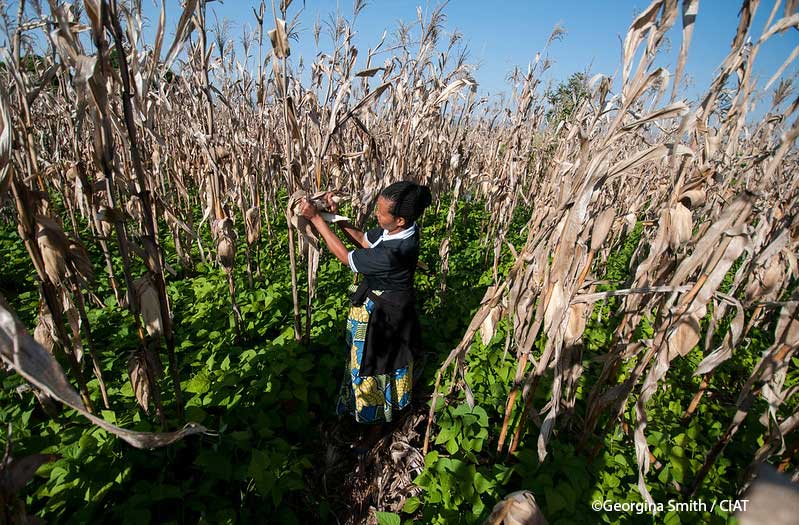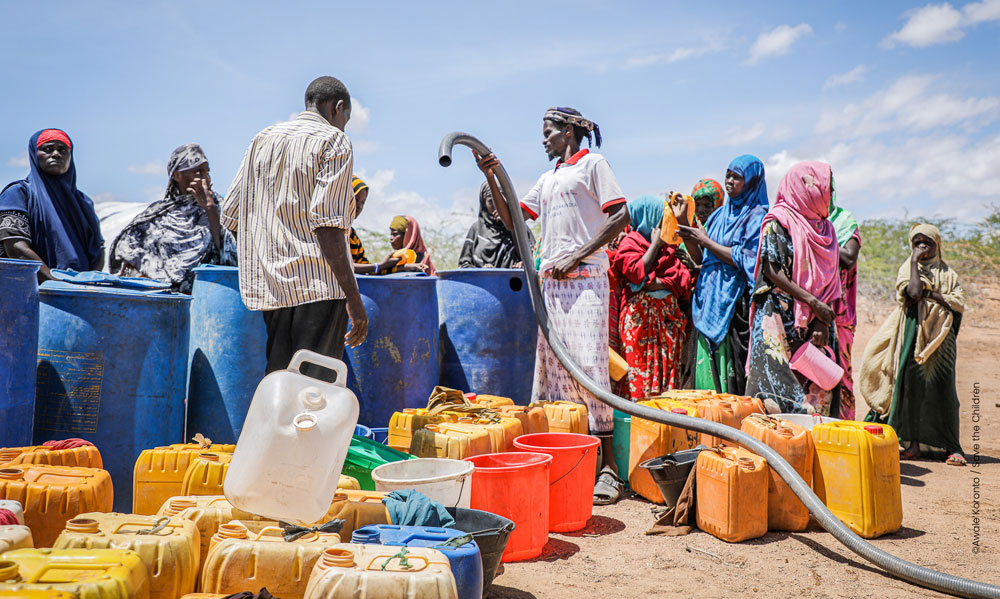In 2018, aquaculture produced nearly half of the world's fish – 82 million tonnes, valued at USD $250 billion – and increasing this production may help with sustainable development. Aquaculture interventions aim to improve livelihoods and health, potentially contributing to several Sustainable Development Goals (SDGs), including reducing hunger and poverty, by making fish available and affordable to the poor. However, the lack of adequate and rigorous evaluations of aquaculture programmes has led to unanswered questions around their effectiveness.
To address this need for evidence, 3ie is conducting a new systematic review of the literature on aquaculture programmes. The review will appraise and synthesise the effectiveness evidence that exists on aquaculture so that this information can inform funding and policy decisions around this important economic sector.
Aquaculture is particularly important in order to help combat malnutrition and alleviate nutritional deficiencies that often occur in developing countries. Moreover, aquatic foods could contribute to the goal of transitioning the world’s food systems towards nutritious, healthy, sustainable and inclusive pathways. By supporting the production of animal-sourced foods with low carbon footprints and manageable environmental impacts, aquaculture can contribute to the broad goal of sustainable development.
Around 18 million people engage in the production of fish farming worldwide, of which 19 per cent are women. However, when considering other activities in the aquaculture value chain, such as processing or marketing, women account for half of its workforce, according to the FAO. Some aquaculture interventions, such as the ones supported by WorldFish in Bangladesh, aim to support the role played by women in fisheries and aquaculture by closing the gender gap and helping to increase productivity, income and food security.
3ie is currently evaluating the WorldFish programme with the support of the Bill & Melinda Gates Foundation. As part of this project, we are also conducting a systematic review to identify and assess the state of the evidence around aquaculture interventions, with a special focus on gender issues. Previous reviews have looked at the broader agricultural sector, including a few aquaculture interventions, but none explore the impact on aquaculture from a specific gender perspective.
This systematic review will look at whether and how aquaculture interventions can play a role in several outcomes for smallholder farmers: livelihoods for aquaculture workers in low- and middle-income countries, diet quality in the households of aquaculture farmers, women's empowerment along the aquaculture value chain, and other social, economic, and environmental aspects of aquaculture communities.
While aquaculture has huge potential benefits, the review will also explore the barriers and challenges that could prevent aquaculture programmes from achieving and maintaining impacts. The review aims to determine which programmes work best and for whom. For example: Does higher fish production lead households to eat more fish, or do they just sell more? Is it effective to combine aquaculture programmes with nutrition and behavioural change campaigns in order to improve households’ diet? Is land ownership a necessary condition to reap the benefits of aquaculture activities? How much of a benefit is it to have a reliable and accessible supply of inputs (such as seeds)? How do women participate in the aquaculture sector and does the impact on income and nutrition change when women are involved?
When completed, the review will be able to help policymakers design aquaculture programmes that work for farmers and the environment. We intend to share the results of this review by May 2021.
To learn more about 3ie’s Aquaculture project, visit the webpage.


















Will you consider the potential role of locally farmed insects that could provide high quality fishfeed to support improve aquaculture yields? We can help if you need more info.